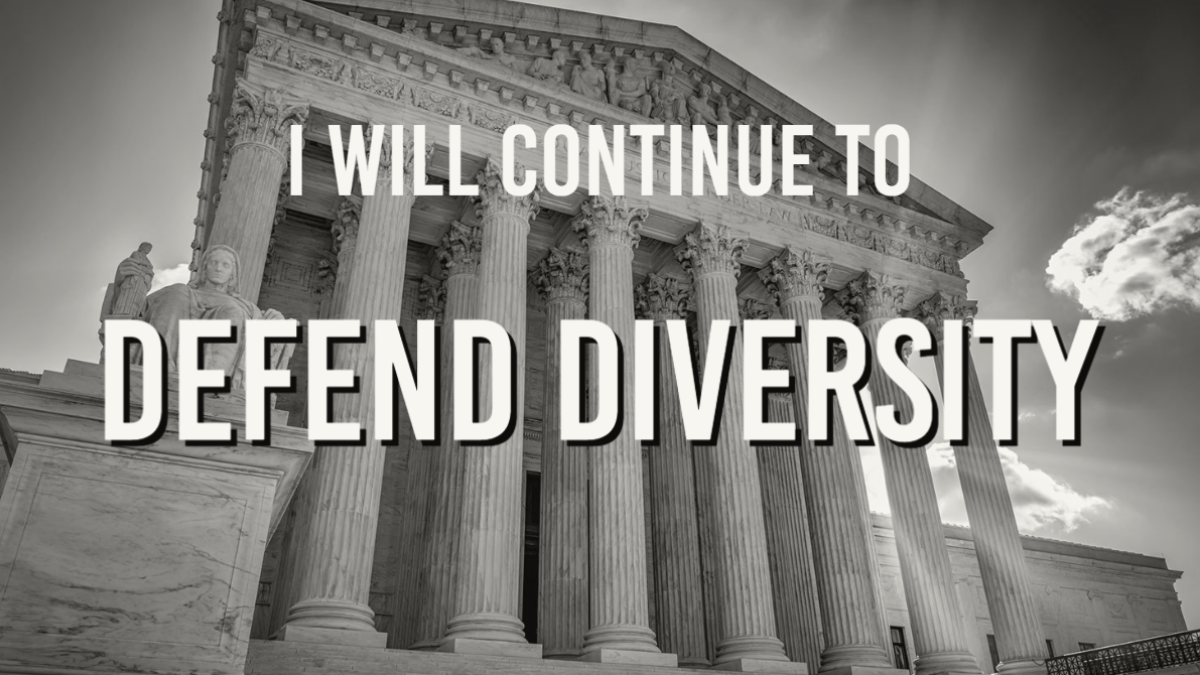Congressman Ivey's Statement on Supreme Court’s Opinion Regarding Affirmative Action

Race has always played a decisive role in the social stratification of our country. Despite what the six-member conservative majority on the Supreme Court say, it will continue to do so to the detriment of historically marginalized groups.
As Justice Ketanji Brown Jackson wrote, “Our country has never been colorblind [g]iven the lengthy history of state-sanctioned race-based preferences in America.” And yet, the Supreme Court today turned a blind eye to this history, striking down the consideration of race in college admissions as if generations of slavery, segregation, and Jim Crow did not exist or efforts to ameliorate these entrenched disadvantages in higher education no longer serve the cause of justice. That is a tragedy.
But I am heartened by Justice Sonia Sotomayor’s words that today’s decision – although a significant setback – cannot stop the forward march of progress. She wrote that, “Diversity is now a fundamental American value,” and “the opinion today will serve only to highlight the Court’s own impotence in the face of an America whose cries for equality resound.” Importantly, the majority opinion expressly does not prohibit universities “from considering an applicant’s discussion of how race affected his or her life, be it through discrimination, inspiration, or otherwise.” Make no mistake, today’s decision makes it harder for institutions of higher education to form student bodies that meet their diversity needs. But they can – and they will – continue to seek out and uplift underrepresented voices and invite them onto their campuses, even if they must work twice as hard to find them. The arc of the moral universe is long, but it always bends toward justice.
My fear is that today’s catastrophic ruling will embolden opponents of affirmative action to set their sights on diversity, equity, and inclusion efforts in business and government. Fellowships or internships that provide opportunities and access to underserved communities may be at risk. So, too, might President Johnson’s Executive Order 11246, allowing government contractors to consider race or gender in their hiring practices when drawing from underrepresented communities. It is perhaps instructive that today’s majority opinion excepted military academies – directly run by government – “in light of the potentially distinct interests” they represent, but any effort to diversify our workforce or the leadership of industry is now under threat. We must stay limber to fight the battles that may be just around the corner.
Today is a sad day, but we remain committed to the cause. We have seen how the inclusion of underrepresented minorities in higher education and beyond has benefited us all, and there is no going back.